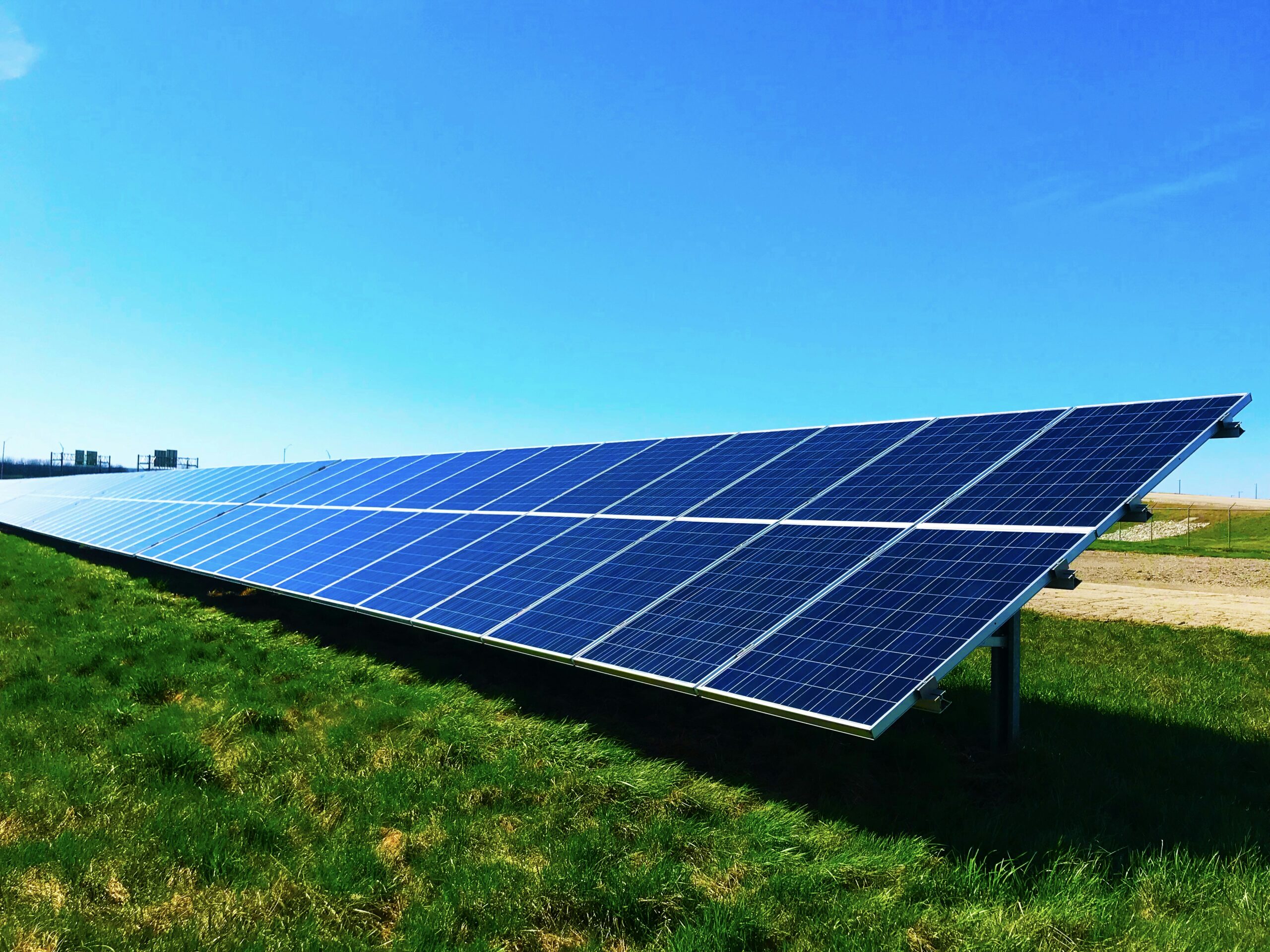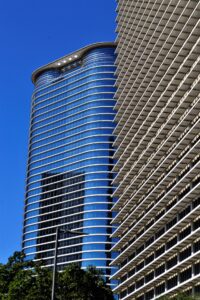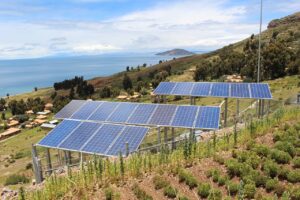Greetings! Today, we will explore the fascinating topic of how weather conditions impact the efficiency of solar panels. Have you ever wondered how those sleek, shiny panels on rooftops or in sprawling solar farms harness the power of the sun? Well, it turns out that the weather plays a crucial role in determining just how effectively solar panels can convert sunlight into usable electricity. Whether it’s a blazing summer day or a cloudy, overcast sky, the weather has a significant impact on the performance of these eco-friendly energy generators. So, let’s dive into the world of solar panels and discover how different weather conditions affect their efficiency!
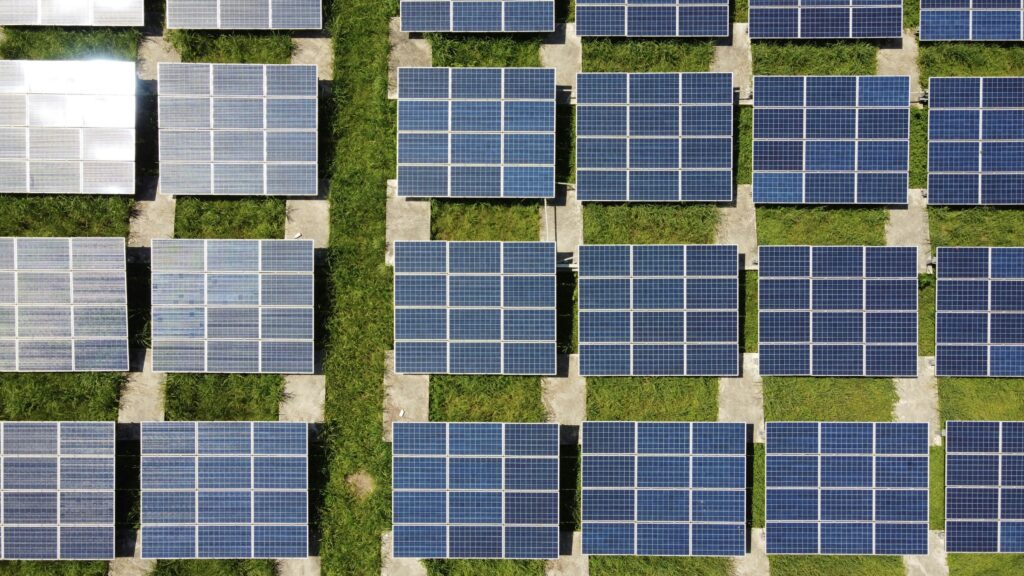
1. Temperature
1.1. Effect of High Temperature
High temperatures can have both positive and negative effects on solar panel efficiency. When solar panels are exposed to high temperatures, their performance may decrease. This is because the efficiency of solar panels decreases as their temperature rises. The heat can cause the solar cells to operate at a lower voltage, reducing their overall output.
However, it is worth mentioning that high temperatures can also lead to increased sunlight intensity, which can partially offset the decrease in efficiency caused by the temperature. Additionally, solar panels are designed to withstand high temperatures and are often installed with proper ventilation and cooling systems to minimize the impact of heat on their performance.
1.2. Effect of Low Temperature
While low temperatures may seem like they would negatively impact solar panel efficiency, they can actually have a positive effect. Solar panels work more efficiently in cooler temperatures due to the nature of photovoltaic cells. These cells convert sunlight into electricity, and the efficiency of this conversion process increases as the temperature decreases.
Therefore, during colder seasons or in regions with lower average temperatures, solar panels can generate electricity more efficiently. It is important to note, however, that extremely low temperatures, such as frost or freezing conditions, can potentially damage solar panels if they are not properly designed and installed to withstand such extreme weather.
2. Sunlight Intensity
2.1. Direct Sunlight vs. Diffuse Sunlight
The intensity and type of sunlight received by solar panels significantly affect their efficiency. Direct sunlight refers to the unobstructed sunlight that directly reaches the surface of the solar panels. This type of sunlight provides the highest intensity and is optimal for generating electricity efficiently.
On the other hand, diffuse sunlight refers to sunlight that has been scattered or diffused by clouds or other atmospheric conditions. Diffuse sunlight has lower intensity and is not as efficient in generating electricity compared to direct sunlight.
2.2. Effect of Cloud Cover
Cloud cover can have a substantial impact on solar panel efficiency. When clouds obstruct the direct sunlight, the intensity of the sunlight reaching the solar panels decreases. This leads to a decrease in the electricity generation capacity of the solar panels.
However, it is important to note that even on cloudy days, solar panels can still generate electricity due to the presence of diffuse sunlight. While the overall efficiency may be lower, solar panels are designed to capture and convert as much sunlight as possible, even in less ideal weather conditions.
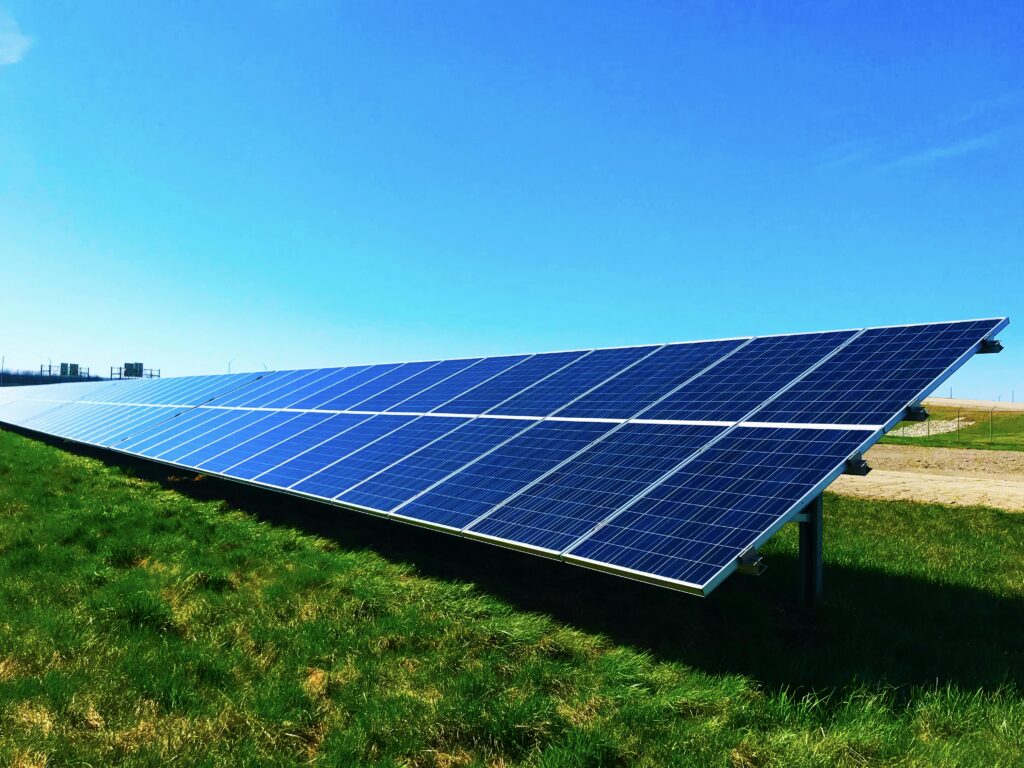
3. Humidity
3.1. Effect of High Humidity
High humidity levels do not directly affect the efficiency of solar panels. However, in regions with consistently high humidity, there may be an increased chance of dust accumulation on the surface of the panels. Dust can block the sunlight from reaching the solar cells, reducing their efficiency.
Therefore, in areas with high humidity, it is important to regularly clean the solar panels to ensure optimal performance and to prevent any loss in efficiency due to dust accumulation.
3.2. Effect of Low Humidity
Low humidity levels also do not have a direct impact on solar panel efficiency. However, in regions with low humidity, it is more likely for the air to be dry, which can lead to increased levels of dust and other airborne particles. As mentioned earlier, dust accumulation can reduce the efficiency of solar panels by blocking sunlight.
In areas with low humidity, regular cleaning and maintenance of solar panels become even more important to ensure their optimal functioning.
4. Rain and Snowfall
4.1. Effect of Rainfall
Rainfall can have both positive and negative effects on solar panel efficiency. On one hand, rain can help clean the surface of the solar panels, removing the dust and debris that may have accumulated over time. Clean panels ensure maximum sunlight absorption and, consequently, higher efficiency.
However, heavy rainfall can also reduce the intensity of sunlight reaching the solar panels. Rain clouds can block the direct sunlight, resulting in a decrease in electricity generation capacity.
4.2. Effect of Snowfall
Snowfall poses a unique challenge to solar panel efficiency. When solar panels become covered with snow, their ability to generate electricity is significantly hindered. The snow acts as a barrier, preventing sunlight from reaching the solar cells.
In areas with frequent snowfall, it is critical to have a system in place to remove snow from solar panels. This can be done manually or through the use of automated systems that melt or slide the snow off the panels. Regular maintenance during snowy periods is essential to ensure uninterrupted energy generation.
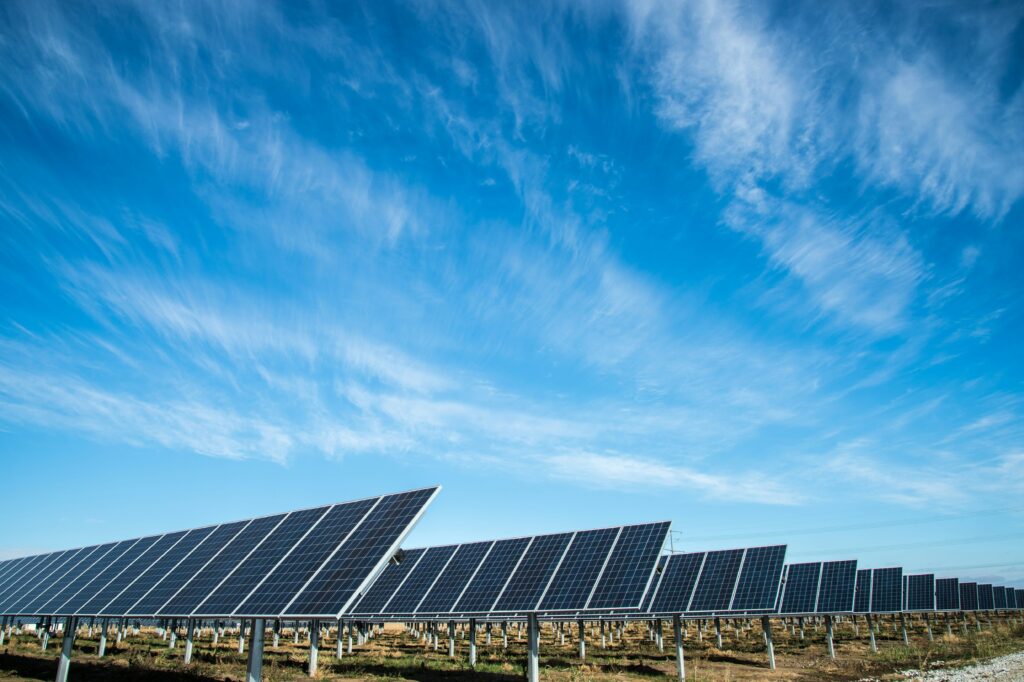
5. Dust and Pollen
5.1. Effect of Dust Accumulation
Dust accumulation on the surface of solar panels can have a negative impact on their efficiency. As mentioned earlier, dust blocks sunlight from reaching the solar cells, reducing their ability to generate electricity. Therefore, it is important to regularly clean solar panels to remove any dust or dirt that may have settled on their surface.
In regions with high levels of dust or in areas near construction sites, more frequent cleaning may be necessary to maintain optimal solar panel efficiency.
5.2. Effect of Pollen
Pollen is another particulate matter that can accumulate on solar panels and affect their efficiency. While pollen may not have as significant of an impact as dust, a thick layer of pollen can reduce the amount of sunlight reaching the solar cells.
To mitigate the effects of pollen, periodic cleaning and maintenance are recommended. It is important to note that the frequency of cleaning may vary depending on the pollen levels in the local environment.
6. Wind
6.1. Effect of Strong Winds
Strong winds can potentially damage solar panels if they are not properly installed and secured. These winds can exert force on the panels, leading to structural damage or dislodging them from their mounts.
In areas prone to strong winds, it is crucial to ensure that the solar panels are securely installed and meet the necessary wind load requirements. This may involve reinforcing the mounting structure or using wind-resistant design features.
6.2. Effect of Gusts
Gusts of wind, especially sudden and strong ones, can temporarily affect solar panel efficiency. When gusts occur, they can cause temporary shading on the panels, reducing the amount of sunlight reaching the solar cells and affecting their performance. However, this effect is generally short-lived and does not have a significant long-term impact on overall efficiency.
Proper installation and regular maintenance can help mitigate the effects of gusts on solar panel efficiency.
7. Altitude and Latitude
7.1. Effect of Altitude
Altitude can influence solar panel efficiency due to the variations in air density and temperature at different elevations. As altitude increases, the air becomes thinner, resulting in less air resistance and lower heat dissipation. This can cause solar panels to operate at slightly higher temperatures, decreasing their efficiency.
Furthermore, at higher altitudes, there may be less atmospheric haze, resulting in increased sunlight intensity and ultimately improving solar panel efficiency.
7.2. Effect of Latitude
Latitude affects solar panel efficiency by determining the amount of sunlight that falls on the panels throughout the year. Solar panels installed closer to the equator, where the latitude is lower, receive more direct sunlight and thus generate more electricity.
In contrast, solar panels installed in higher latitudes, closer to the poles, receive less direct sunlight due to the angle at which the sunlight reaches the Earth’s surface. Therefore, solar panel efficiency tends to be slightly lower in regions with higher latitudes.
8. Panel Orientation and Tilt
8.1. Effect of Orientation
The orientation of solar panels plays a crucial role in their efficiency. Solar panels should ideally be positioned to face true south (in the Northern Hemisphere) or true north (in the Southern Hemisphere) to maximize sunlight exposure.
When solar panels are properly oriented, they can capture the maximum amount of sunlight throughout the day, resulting in higher electricity production and improved overall efficiency.
8.2. Effect of Tilt
The tilt angle of solar panels also affects their efficiency. The optimal tilt angle depends on the geographical location and the time of year. In general, adjusting the tilt angle to match the latitude of the installation site helps maximize sunlight exposure.
By setting the tilt angle correctly, solar panels can receive sunlight more directly, thus increasing their efficiency and overall electricity output.
9. Panel Quality and Maintenance
9.1. Effect of Panel Quality
The quality of solar panels can have a significant impact on their efficiency and longevity. Higher-quality panels are typically made with better materials and undergo stringent manufacturing processes, resulting in improved performance.
Investing in high-quality solar panels ensures better efficiency, longer lifespan, and enhanced durability, ultimately maximizing the return on investment.
9.2. Effect of Maintenance
Regular maintenance is crucial to ensure optimal performance and efficiency of solar panels. Cleaning the panels, inspecting for damage or debris, and addressing any issues promptly can help maintain their efficiency over time.
Additionally, performing regular maintenance checks allows for early detection and addressing of any potential problems, minimizing downtime and maximizing electricity generation.
10. Summary
Weather conditions can significantly affect the efficiency of solar panels. Factors such as temperature, sunlight intensity, humidity, rainfall, dust accumulation, wind, altitude, and latitude all play a role in determining the performance of solar panels.
While high temperatures and dust accumulation can reduce efficiency, low temperatures, rain, and proper maintenance can contribute to better performance. Understanding the effects of weather and taking appropriate measures can help optimize solar panel efficiency, maximize electricity generation, and ultimately increase the benefits of using solar energy.

